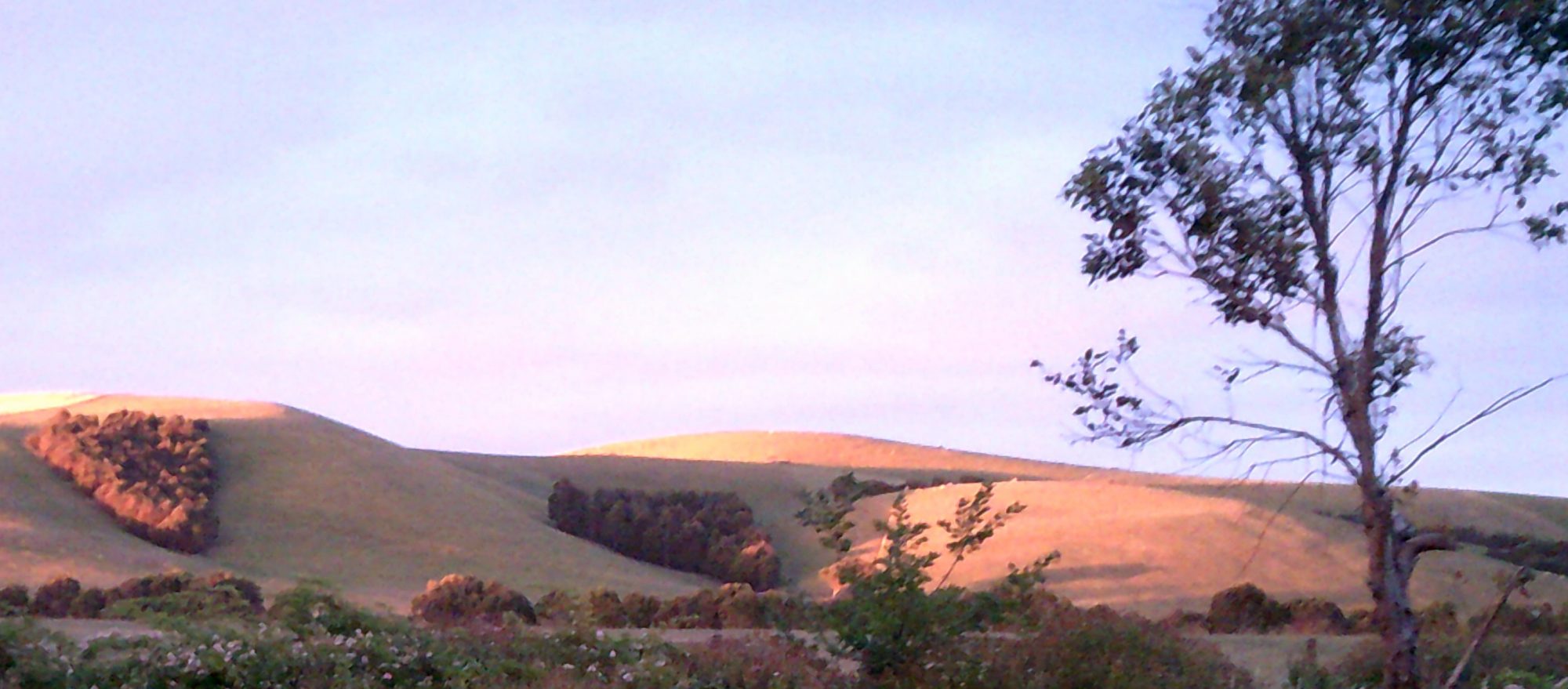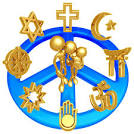
Life as a Human Rights Worker.
I engage online with Rohingya refugees in Bangladesh, the world’s largest refugee camp, and I have been doing so for roughly five years. My experience in this profession has given me joy and sorrow, it has tested my patience and my ability to suppress frustrations, but most of all it has provided me with a deeper insight into the impacts of wars, genocides and the immense suffering of innocent people. It has also offered me a meaningful way to contribute to refugee well-being and survival and to enjoy the company of some wonderful refugee friends.
My task is to improve the lives of refugees who, when they arrive in the camps, are always in a very poor condition, both mentally and physically. Many are physically injured; most are mentally scared.
I am a retired psychotherapist and I work with refugees by building capacity, or what might also be termed social capital. This means, I assist the refugees in creating their own systems of support within their communities. This can include teaching English, correcting and collating documents as well as trauma counselling.
Not everything in the camp is bad, with the right assistance refugees are able to support each other. People need purpose to survive and the refugees have good survival skills, better than most. For example, the Bangladesh refugee camp has some of the world’s best photo-journalists. Many of the refugees are great poets, story writers and artists. Others create vegetable gardens to supplement the limited rations they receive. Some refugees sell their produce on the streets and some cook foods to sell in the camp markets. Some refugees make crafts and hold exhibitions.
Generally, the refugees organise themselves into small working groups around an elected leader. Most come from small villages so many refugees know each other and their various capabilities. Many bonds are already established, which helps.
The small groups then join with other groups for larger projects, such as sport, exhibitions and/or organising big events for international visitors.
The Rohingya , who come from Myanmar, are considered to be the world’s most persecuted people and they receive the least amount of assistance from the international community. The Rohingya have experienced more than 70+ years of genocide and the wars are continuing.
I am always amazed at the strength of the refugee people who have witnessed the most horrific scenes, lost numerous friends and relatives, and who have found the will to survive and to help their fellow victims.
The images are horrific, and in my view, they have to be confronted. They are the evidence for proceedings in the International Criminal Courts (ICC), and they are the truth of what is happening to the Rohingya people on a daily basis.
The international community is largely silent on these horrendous genocidal events. We get only minimal media attention or support from the world at large.
The work of gathering evidence for prosecution is frequently done by the human rights workers so we cannot avoid the ugly scenes and we have a duty to inform the public where possible.
In every aspect of life there are sad moments and beautiful ones, the birth of a child, a wedding, a birthday celebration or a graduation from some important form of learning and personal growth.
It is important that the ugly realities get balanced with the positive ones. It is not possible to hide the truth or the pain, but we can, and must match it with the joyful occasions.
It is also crucial to inform the world of what life is like in the refugee’s confines. Too many people think it will not happen to them so they turn away. Tax payers pay for the camps, they need to be informed and they need to shoulder some of the responsibility and remain informed. We must all, as responsible human beings, work towards closing the camps, not expanding them. They are cruel and ineffective places.
We call the refugee facilities camps, but in reality, they are prison camps. There is no freedom of movement and there are no prescribed rights or protocols. Bangladesh (and many other countries) are not party to the Refugee Convention so they are not held accountable for abuses.
In many instances the refugees are not wanted and the host communities can be hostile and belligerent towards the refugees. Added to this, the camps are for containment, they are not designed to assist the inhabitants (the NGOs do that). Refugee camps are meant to keep the refugees separate from the host community. The Rohingya share close cultural ties with the Bangladesh people, but they are forbidden to learn the language or the Bangladesh culture.
There are some exceptions where refugees are permitted to leave camps and work among the nation’s population, but they are rare and frequently open to corruption.
Refugee camps are oppressive, inefficient and expensive to run. They deny people the right to work for a living, children are not educated, there are insufficient medical facilities. The mortality rate is higher than that in the poorest of countries. Most refugees have insufficient food for good health. There is no family planning so there are more children in the camps than there are adults.
The Rohingya refugees have no freedom of movement. No free speech. No education. No rights. They are continually persecuted and treated as unwanted illegals when no refugee is illegal under International Law.
Dr Chris James


